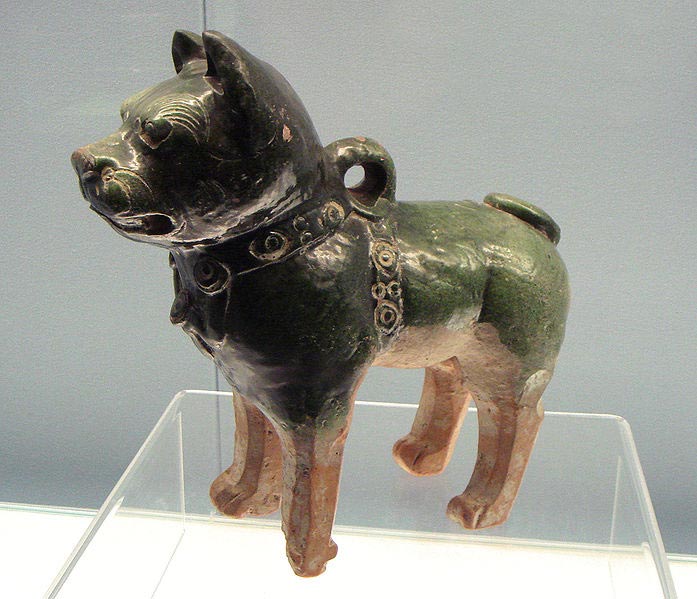When the Empress Dowager Wang Zhengjun asked her nephew Wang Mang to act as the emperor for the Liu Ying, she didn’t expect Wang Mang to refuse to relinquish the throne. But that’s exactly what Wang Mang did. He proclaimed himself emperor in his new dynasty, the Xin Dynasty. He tried to appease people by trying to take money from the rich to give to the poor. This proved to be a difficult feat as the rich defended their belongings fiercely. This caused trouble for Wang Mang, not only from the rich, but also from the poor as well. Eventually, his troops were overcome and he was killed, ending his brief rule and dynasty.
During Wang Mang’s reign, a descendant of the Western Han Dynasty, Liu Xiu and his elder brother joined an army called the Green Woodsmen Army to fight against Wang Mang. Liu later became their leader and he united other peasant armies. In 25 A.D., He proclaimed himself as the emperor, restoring the Han Dynasty. This then marked the beginning of the Eastern Han Dynasty.
A couple of years after Liu became emperor, he revised all of the policies set by Wang Mang. His early years as an emperor were devoted to uniting the country. In the Eastern Han period, there were developments of both economy and culture. Also, China had a good relationship with other countries like Rome and India. The most successful time of the Eastern Han was in the first century, around the middle period. Its cultural, economic and scientific advancement seem to have surpassed that of the Western Han Dynasty. It was during the Eastern Han Dynasty that paper was invented, by a eunuch named Cai Lun.
Toward the end of the Eastern Han Dynasty, the control of the emperors weakened and they were overcome by different factions such as the relatives or the empress and the eunuchs who began to rise in power. Due to these rebellions, the Han Dynasty finally fell and the Three Kingdoms were established.
